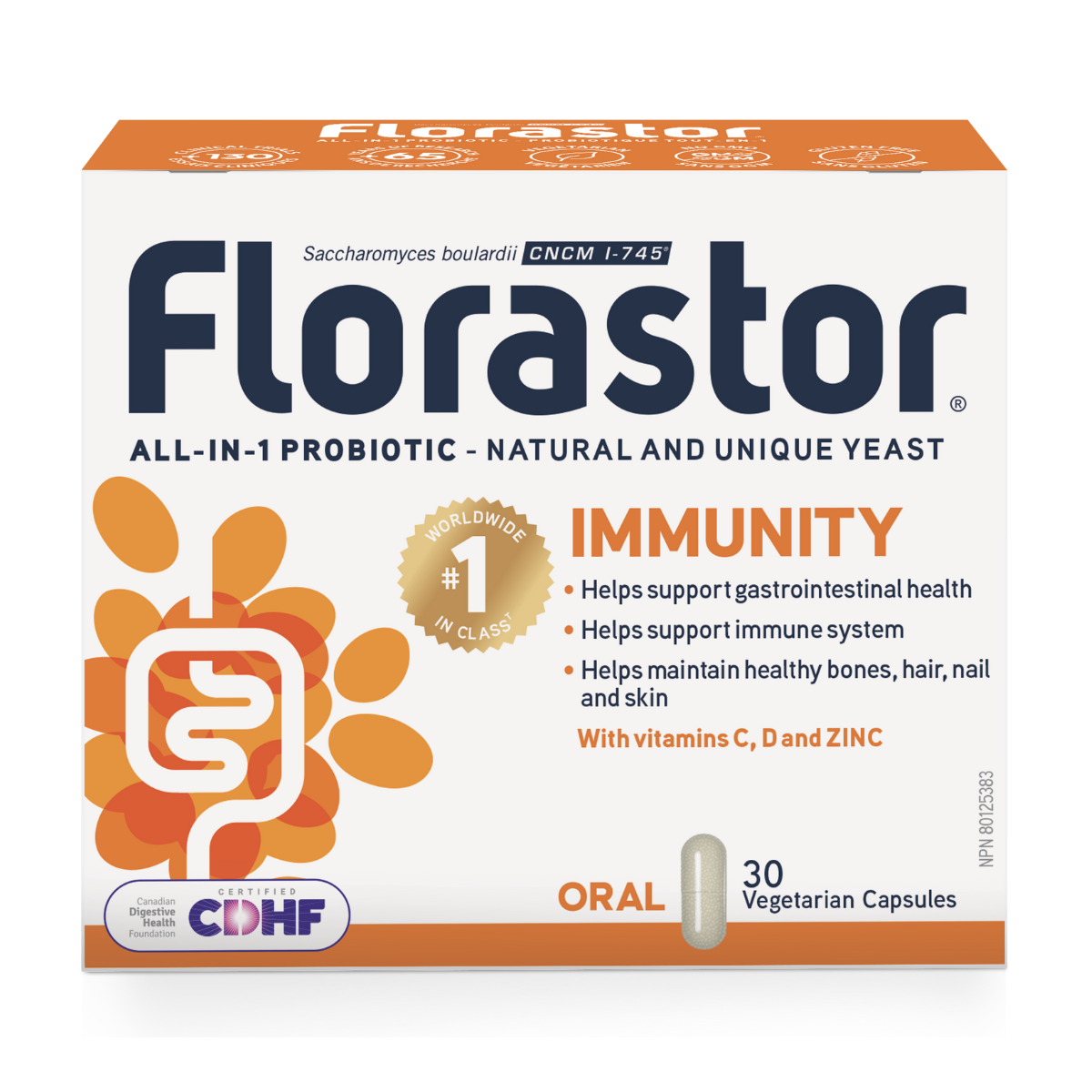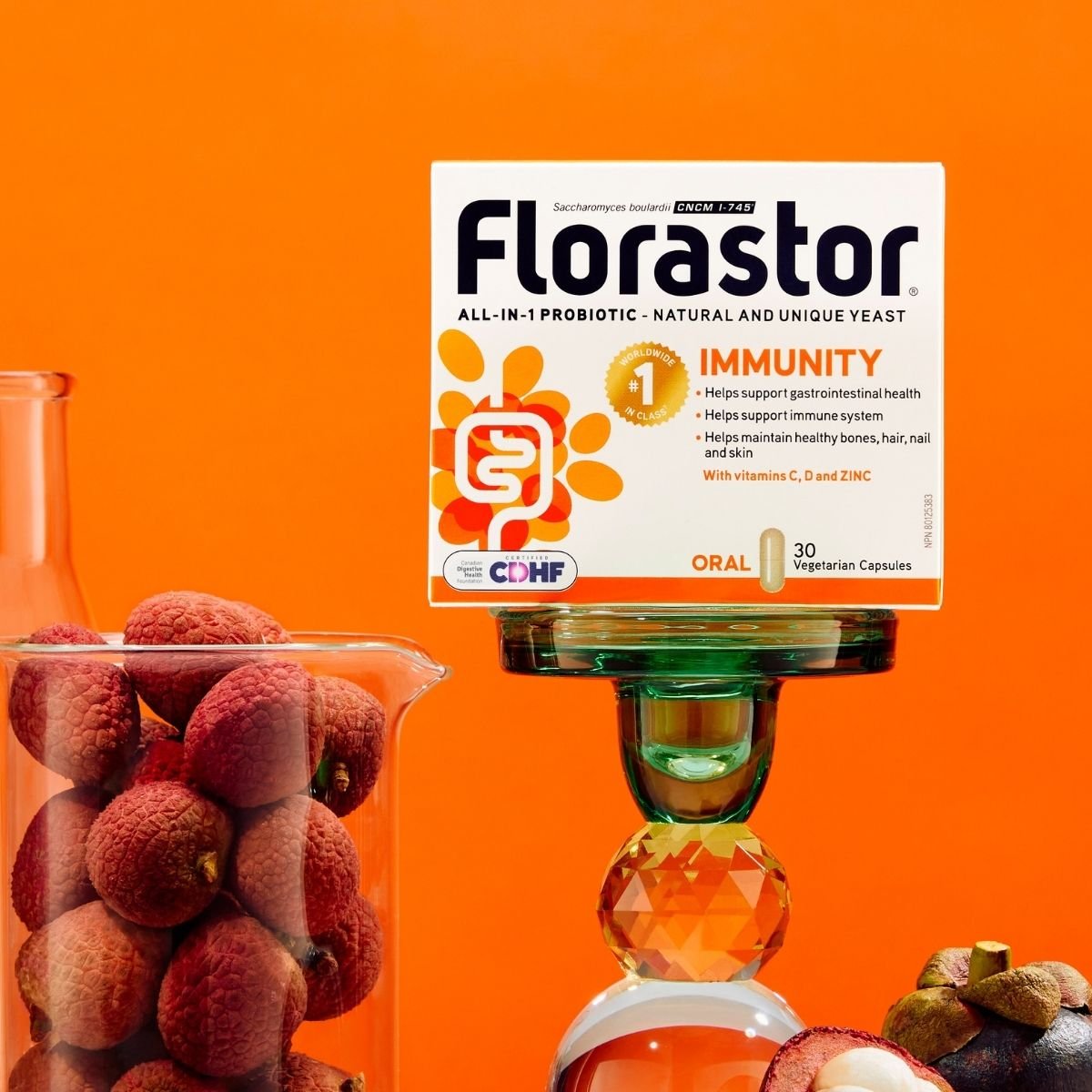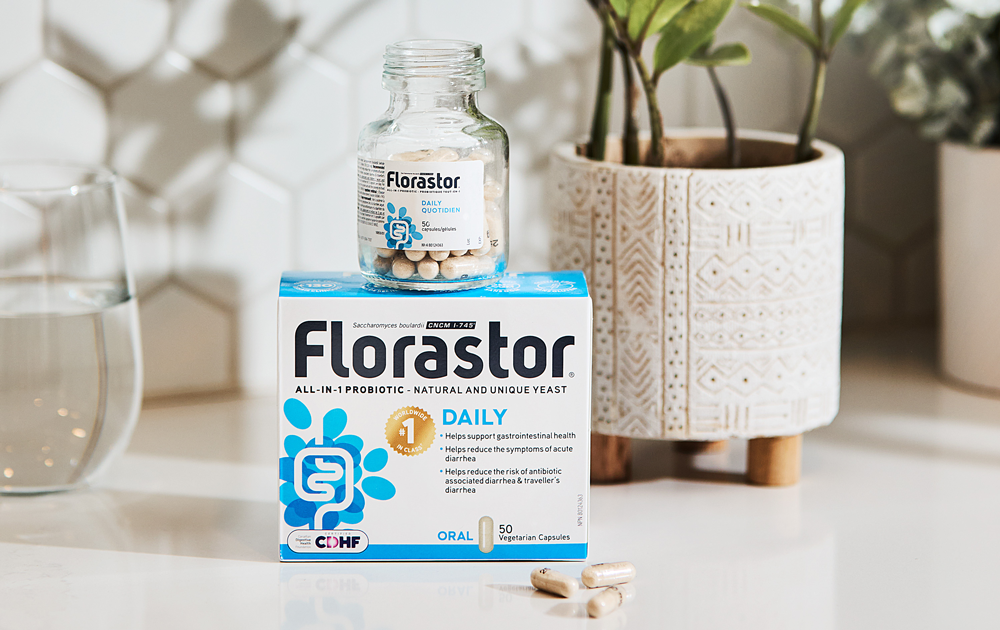Immune health has become one of the most popular topics in the world of nutrition over the last several years.
It probably won’t surprise you to hear me say that the health of one’s immune system is strongly connected both to the health of the rest of the body and especially to the quality and balance found in one’s dietary pattern.
And why wouldn’t it be?
Something of 70-80% of human immune cells are located in the gastrointestinal tract which offers insight into the fact that both fixtures of the digestive system (ie: your gut bacteria) and what passes through the system (food, fibre, nutrients) have massive potential to interact with immune health.
In today’s post,we will take a closer look at how specific foods & nutrients may improve immune health with a special focus paid to the gut microbiome and its role in optimal immune functionality.
With that said, let’s get right into it!
Key Nutrients For Immune Health
Vitamin D
Vitamin D is a very unique nutrient because it’s found primarily in a relatively small group of foods including fish, eggs and some fortified milk/orange juice products.
For reference, salmon is the commonly available food source that is highest per serving in Vitamin D.
In many regions of the world (including Canada) our bodies cannot synthesize Vitamin D from the sun for large parts of the year, which also explains why Vitamin D supplements are among the most frequently purchased in the country.
So why all the fuss?
Well, Vitamin D has been increasingly considered vital to the optimal performance of the immune system, as demonstrating in 2017 systematic review out of the British Medical Journal (BMJ)1 demonstrating.
Zinc
Zinc is a mineral that has long been associated with the proper functioning of immune cells and the immune system, it’s also an interesting one from the dietary perspective because there are quite a few people out there who don’t consume enough zinc.
The current state of scientific evidence suggests that zinc is absolutely essential for optimal immune functioning and that inadequate zinc intake, especially in the elderly, can compromise the immune response in a number of ways.²
For reference, foods highest in Zinc include; oatmeal, lentils, chickpeas, yogurt, oysters, chicken/beef, pumpkin seeds and tofu.
Florastor For Immune Health
It has become increasingly well established that a healthy gut microbiome plays an integral role in the development and maintenance of human immunity.
In a 2019 paper on nutrition and immune health, Frontiers In Immunology identified probiotic supplements ( Vitamin D and Zinc were also discussed!) as one of the more impactful immune supporting lifestyle interventions.³
There are, of course, a wide array of probiotic species that exist and it so happens that Saccharomyces boulardii CNCM I-745, found in Florastor, is among the most well studied for its immune supporting benefits, especially through its probiotic Florastor Plus.
This particular probiotic strain is known to both directly bind to and interact with pathogenic bacteria and positively influence the human immune response on a cellular level by stimulating the release of specific compounds (such as immunoglobins), which in combination means that invasive bacteria are less likely to thrive.⁴
Accomplishing this both reduces the state of inflammation in the digestive tract and protects its sensitive lining.⁴
In addition to strengthening the immune system, Florastor PLUS also helps maintain healthy bones, hair, nails and/or skin.
In the spirit of optimizing immune health, Florastor captures the immune supporting benefits of the Saccharomyces boulardii CNCM I-745 probiotic in conjunction with two nutrients discussed in today’s post which are often under consumed at population level.
- Martineau A R, Jolliffe D A, Hooper R L, Greenberg L, Aloia J F, Bergman P et al. Vitamin D supplementation to prevent acute respiratory tract infections: systematic review and meta-analysis of individual participant data BMJ 2017; 356 :i6583 doi:10.1136/bmj.i6583
- Haase, H., Rink, L. The immune system and the impact of zinc during aging. Immun Ageing 6, 9 (2009). https://doi.org/10.1186/1742-4933-6-9
- Front. Immunol., 15 January 2019. Sec. Nutritional Immunology https://doi.org/10.3389/fimmu.2018.03160
- Clin Exp Gastroenterol. 2016; 9: 269–279. Published online 2016 Sep 13. doi: 10.2147/CEG.S111003




.jpeg?sw=375&sfrm=png&q=90)


